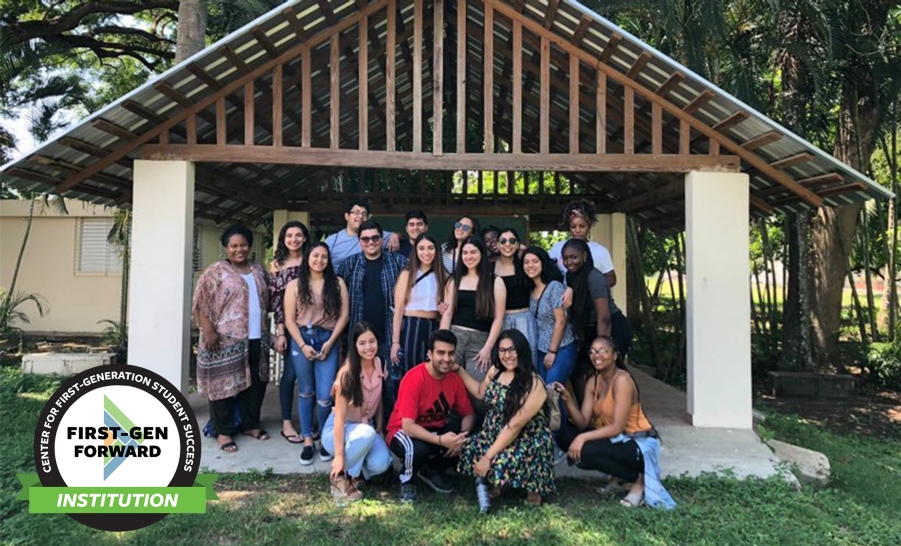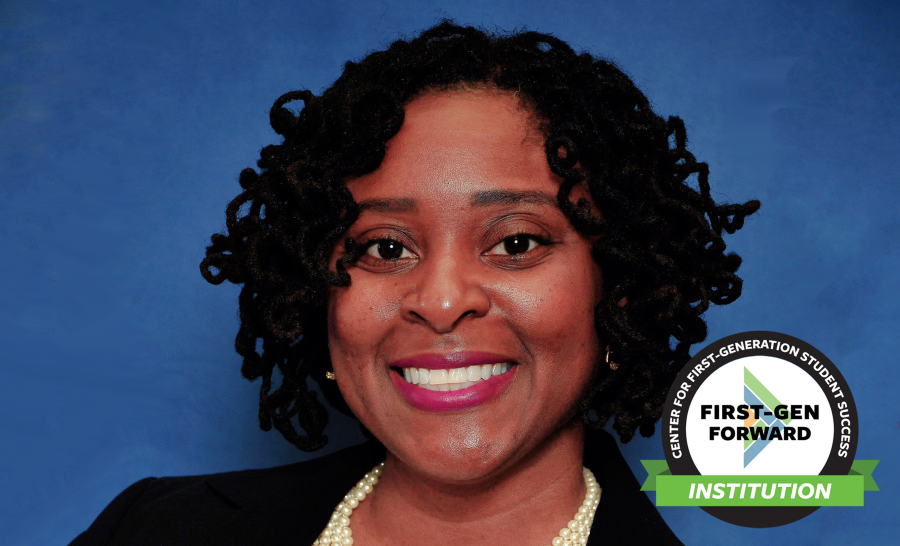#AdvocateFirstgen: It's Time to #DoublePell
FirstGen Forward / April 06, 2021

College affordability is a critical issue for first-generation college students and provides opportunity to #AdvocateFirstgen by participating in a larger movement. The Center for First-generation Student Success recently joined almost 1,200 organizations, colleges, and universities in a letter to Congress requesting that they double the maximum Pell Grant and permanently index it to inflation to ensure its sustained value.
Why is #DoublePell so important for first-generation college students?
Paying for college is an important consideration for all students, although it may be an amplified concern for first-generation students. Many first-generation college students with financial need rely on Pell Grants from the federal government to help pay for their college education. These need-based grants, which were created in 1972, do not have to be repaid, which eliminates or reduces recipients’ college debt.
Since their creation, Pell Grants have supported approximately one-third of undergraduates. Over time the amount of college-related costs covered by Pell Grants declined significantly. In the mid-1970’s, Pell Grants covered more than seventy-five percent of the average cost of attendance for a student attending a four-year public university. Today’s Pell Grants cover less than 30% of similar costs.
The support letter requested doubling the maximum amount of Pell Grant and permanently indexing the amount of the grant to inflation to ensure the value is retained over time. Enacting these measures could lead to increased college enrollment, greater completion rates, and greater opportunities for students of limited economic means.
How can you #AdvocateFirstgen to #DoublePell?
The success of movements depends, in part, on the power of numbers and stories. Sharing yours in the following ways can boost support for this national effort:
-
Contact your Senator or Member of the House of Representatives and share how increasing Pell Grants would help you and/or your first-generation students. A number of organizations offer talking points which can be used as a starting point and personalized by adding how this policy change would positively affect individuals.
-
Contact your college or university’s government affairs office and ask whether or not doubling support for Pell Grants is part of their federal policy agenda. If not, ask for a conversation to explain how including this policy position would positively affect first-generation, low- and moderate-income students, and many students of color on your campus.
-
Share information with student organizations. Student voices can be particularly effective in describing the realities of current struggles to pay for college and how their circumstances would change if Pell Grants were increased.
Education beyond high school, whether a degree or certificate, is an ongoing need in our current economy. To become valuable contributors in the workforce, students need to be able to access and pay for a post-secondary education. Pell Grants that cover a greater share of college costs, as originally intended, would enable a large number of first-generation students to increase their knowledge or skills without assuming large student loans or working greater hours to cover their costs.
What strategies have helped you to successfully champion first-generation students? Share your perspective on first-generation student advocacy and pertienent policy issues across social media with #AdvocateFirstgen.





